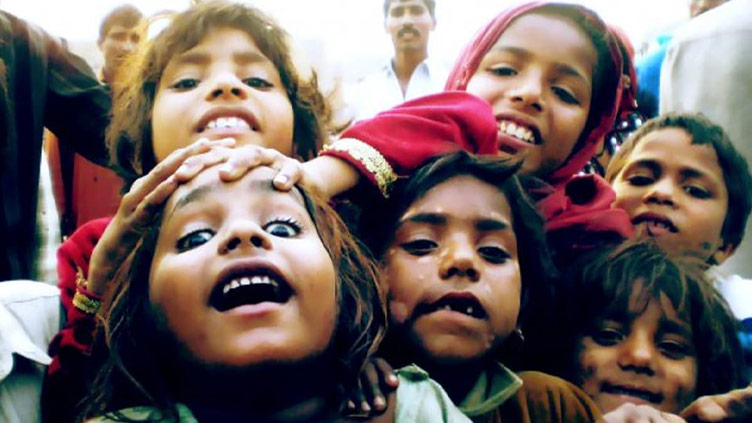Population management stressed to ensure a prosperous Pakistan

Pakistan
Religious misconceptions continue to hinder contraceptive use
ISLAMABAD (Web Desk) - Pakistan, the world’s fifth most populous country, requires strategic planning to arrest rapid population growth, says a report.
With over 240 million people, the country has been facing critical challenges to channelize resources to meet rising economic and employment demands. The Population Welfare Department has been working since 1953 to promote family planning, but cultural, religious, and economic barriers persist.
Study has mentioned that multi-faceted strategy integrating education, healthcare, and technology is crucial. It has further revealed that enhancing reproductive health awareness for individuals aged 15-39 through media and education can improve family planning. Collaborating with religious scholars and community leaders is essential to fostering cultural acceptance.
Religious misconceptions continue to hinder contraceptive use, making engagement with religious leaders imperative. Economic instability drives larger families, emphasising the need for financial security to support birth spacing and smaller family sizes.
It stated that integration of family planning into maternal and child healthcare programs would ensure broader access. Implementing digital tracking systems can improve contraceptive supply management and service efficiency.
Punjab, home to 127.6 million people, aims to lower its 2.54% growth rate to 1.2% by 2030. The fertility rate has declined from 3.7 in 2017 to 3.5 in 2024, showing progress. Contraceptive use among married women has increased from 34.4% in 2017 to 40.1% in 2024, reflecting improved accessibility. The unmet need for family planning services has also reduced from 17.8% in 2017 to 16.7% in 2024, highlighting incremental success.
Despite these advancements, challenges remain. Pakistan ranks high in adolescent pregnancies, and education is crucial to reducing unsafe abortions. Cultural barriers, particularly male dominance in reproductive decisions, must be addressed through family-wide awareness.
A sustainable population strategy that integrates education, healthcare, and technology is vital for Pakistan’s development. By engaging youth, religious leaders, and communities, the nation can move towards a balanced and prosperous future.


